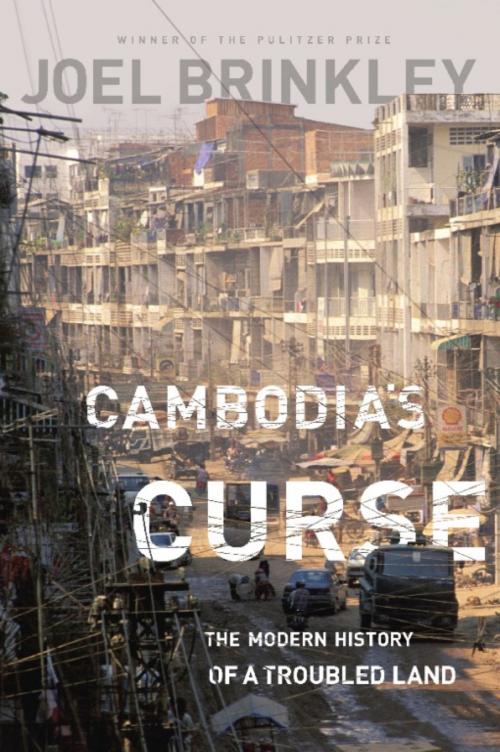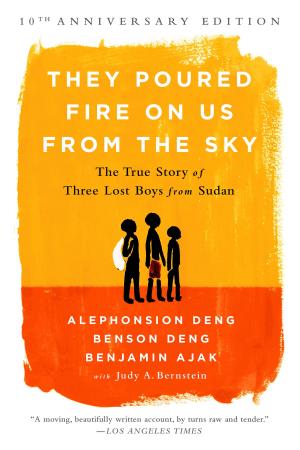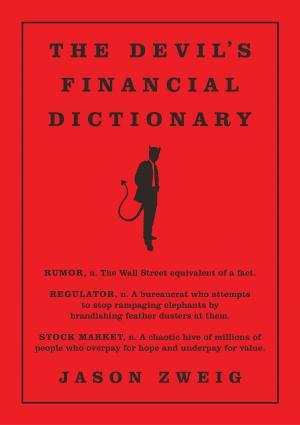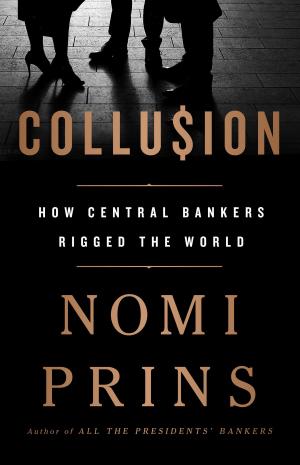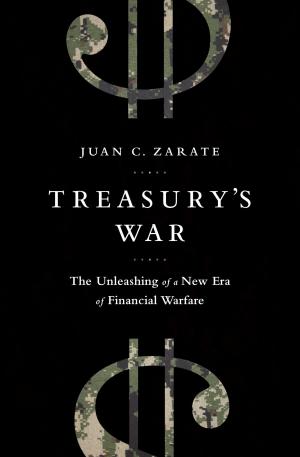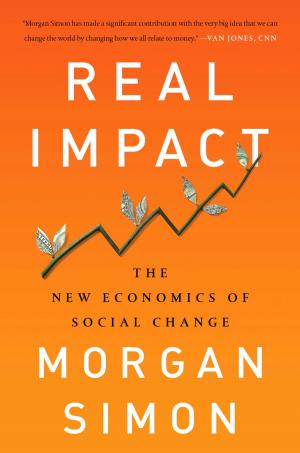Cambodia's Curse
The Modern History of a Troubled Land
Nonfiction, History, Asian, Southeast Asia, Social & Cultural Studies, Political Science, Social Science| Author: | Joel Brinkley | ISBN: | 9781610390019 |
| Publisher: | PublicAffairs | Publication: | April 12, 2011 |
| Imprint: | PublicAffairs | Language: | English |
| Author: | Joel Brinkley |
| ISBN: | 9781610390019 |
| Publisher: | PublicAffairs |
| Publication: | April 12, 2011 |
| Imprint: | PublicAffairs |
| Language: | English |
A Pulitzer Prize-winning journalist describes how Cambodia emerged from the harrowing years when a quarter of its population perished under the Khmer Rouge.
A generation after genocide, Cambodia seemed on the surface to have overcome its history--the streets of Phnom Penh were paved; skyscrapers dotted the skyline. But under this façade lies a country still haunted by its years of terror.
Although the international community tried to rebuild Cambodia and introduce democracy in the 1990s, in the country remained in the grip of a venal government. Pulitzer Prize-winning journalist Joel Brinkley learned that almost a half of Cambodianswho lived through the Khmer Rouge era suffered from P.T.S.D.--and had passed their trauma to the next generation. His extensive close-up reporting in Cambodia's Curse illuminates the country, its people, and the deep historical roots of its modern-day behavior.
A Pulitzer Prize-winning journalist describes how Cambodia emerged from the harrowing years when a quarter of its population perished under the Khmer Rouge.
A generation after genocide, Cambodia seemed on the surface to have overcome its history--the streets of Phnom Penh were paved; skyscrapers dotted the skyline. But under this façade lies a country still haunted by its years of terror.
Although the international community tried to rebuild Cambodia and introduce democracy in the 1990s, in the country remained in the grip of a venal government. Pulitzer Prize-winning journalist Joel Brinkley learned that almost a half of Cambodianswho lived through the Khmer Rouge era suffered from P.T.S.D.--and had passed their trauma to the next generation. His extensive close-up reporting in Cambodia's Curse illuminates the country, its people, and the deep historical roots of its modern-day behavior.
